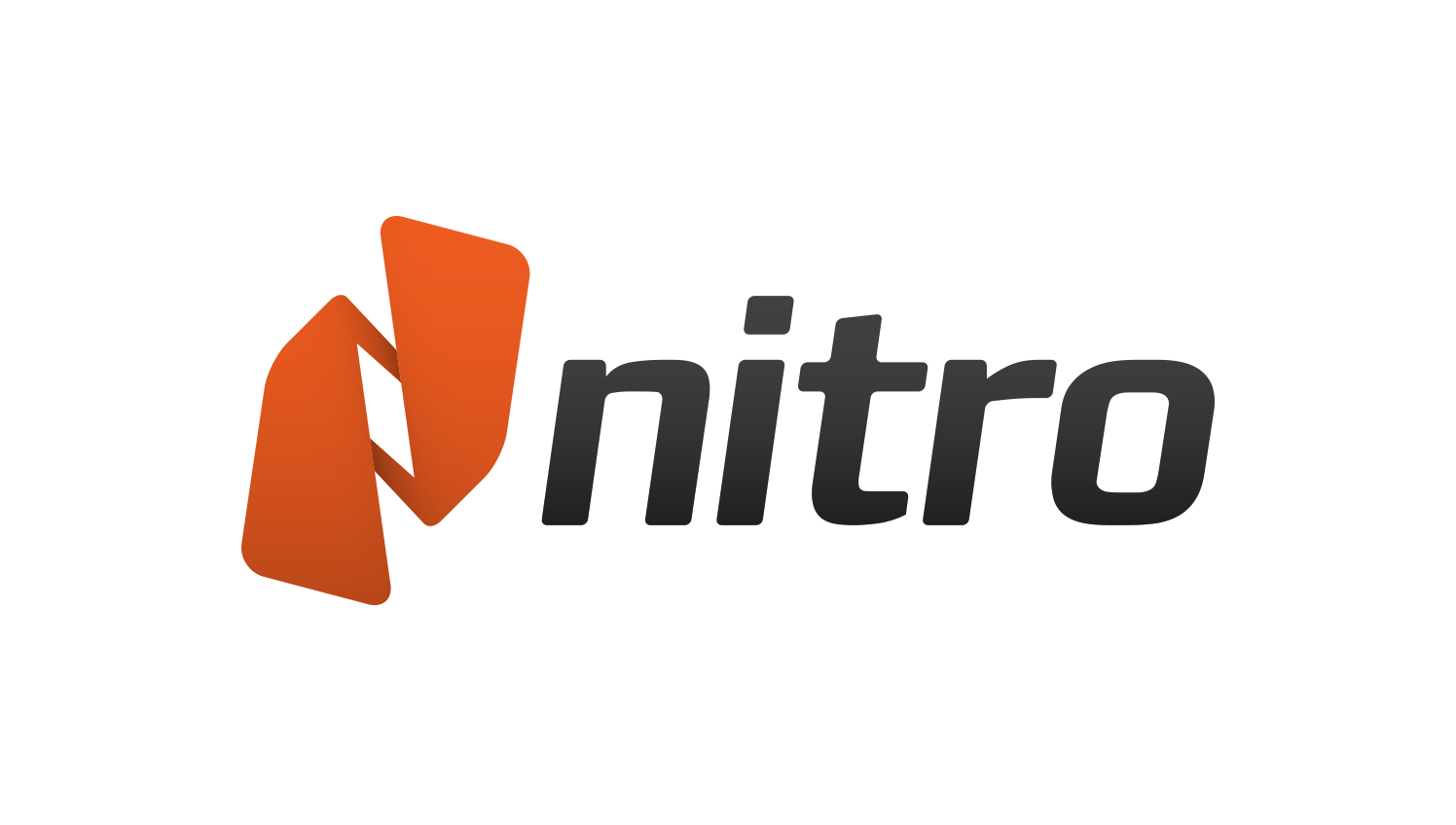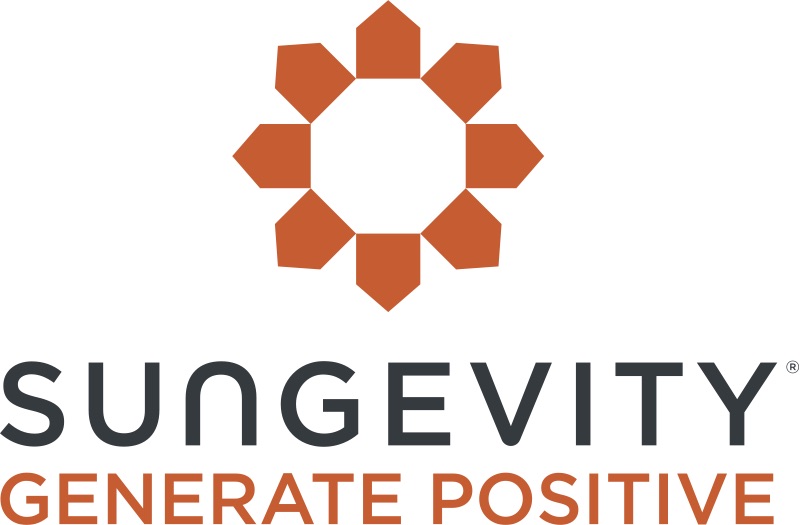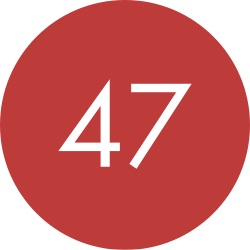
Martin Odersky, Chief Architect & Co-Founder at Typesafe
Scala - where it came from, where it's going
Monday March 16
March 16-18th, San Francisco

Martin Odersky, Chief Architect & Co-Founder at Typesafe
Scala - where it came from, where it's going
Monday March 16

Danese Cooper, Distinguished Member of Technical Staff-Open Source at Paypal
Tuesday Keynote
Tuesday March 17
Dianne Marsh, Director of Engineering Tools at Netflix
Technical Leadership from wherever you are
Wedneday March 18
Scala Days, the premier Scala Conference, will be held this year at Fort Mason in San Francisco on March 16th through 18th, 2015. There will also be a Scala Days Europe at the Beurs Van Berlage in Amsterdam on June 8th through 10th, 2015.
The conference will bring together developers from all corners of the world to share their experiences and new ideas around creating applications with Scala and related technologies, like Akka and Play Framework. Scala Days provides a unique opportunity for Scala users to interact with the contributors to the language and related technologies and connect with fellow developers.
Last year’s conference in Berlin was a sold-out event at 800 attendees, and for 2015 we have added two annual events: San Francisco and Amsterdam. Leaders from Scala User Groups and communities around the globe, students and language contributors, will gather to discuss academic research, use-cases and visionary projects for a two day, action-packed event.
| 16:00 | Registration Open |
|---|---|
| ROOM | Herbst Pavilion |
| TRACK |
|
| 17:00 |
|
| 18:30 | Welcome Party |
| 08:00 | Registration Open | |||
|---|---|---|---|---|
| 09:00 |
|
|||
| 10:00 | Break | |||
| ROOM | Herbst Pavilion | Cowell Theater | Golden Gate Room | Southside Theater |
| TRACK |
|
|
|
|
| 10:25 |
|
|
|
|
| 11:10 | Break | |||
| 11:35 |
|
|
|
|
| 12:20 | Lunch | |||
| 13:20 |
|
|
|
|
| 14:05 | Break | |||
| 14:30 |
|
|
|
|
| 15:15 | Break | |||
| 15:40 |
|
|
|
|
| 16:25 | Break | |||
| 16:50 |
|
|
|
|
| 17:35 | Break | |||
| 18:00 |
|
|
|
|
| 18:45 |
|
|||
| 08:00 | Registration Open | |||
|---|---|---|---|---|
| 09:00 |
|
|||
| 10:00 | Break | |||
| ROOM | Herbst Pavilion | Cowell Theater | Golden Gate Room | Southside Theater |
| TRACK |
|
|
|
|
| 10:25 |
|
|
|
|
| 11:10 | Break | |||
| 11:35 |
|
|
|
|
| 12:20 | Lunch | |||
| 13:20 |
|
|
|
|
| 14:05 | Break | |||
| 14:30 |
|
|
|
|
| 15:15 | Break | |||
| 15:40 |
|
|
|
|
| 16:25 | Break | |||
| 16:50 |
|
|
|
|
| 17:35 | Break | |||
| 18:00 |
|
|||
Want to get the most out of Scala Days San Francisco. Register for an in-person training course following the conference on Thursday and Friday, March 19 and 20th. The courses are designed for developers of all levels of proficiency with the Typesafe Reactive Platform.
We have opened more training slots for Advanced Akka with Scala! You can register here if you would like to attend.
Apache Spark, Fast Track to Akka with Scala, Advanced Scala & Fast Track to Scala Training Workshops are SOLD OUT, sign up on the WAIT LIST FORM and we will contact you if a spot becomes available.
Thursday March 19 & Friday March 20
This is a two-day advanced course on building distributed reactive applications using Akka and Scala. It is intended for developers who already have a strong understanding of the fundamentals of building applications using Akka and Scala on a single JVM and are looking to learn how to scale out to multiple nodes and 3rd party systems. This course has extensive hands-on work and successive exercises build upon prior lessons learned to produce a fully functional application that is both event-driven and resilient by the conclusion of the course.
Prerequisites: A basic knowledge of Akka as covered in the "Fast Track with Akka and Scala" course as well as a basic knowledge of Scala as covered in the "Fast Track to Scala" course with at least two months practical experience in developing with Akka and Scala. Students should bring their own laptop with Java 6 or higher installed.
As a Senior Software Developer & Training Lead at BoldRadius, Alex splits his time between architecting and building web-based software using the Typesafe Stack: Scala, Akka and Play, and coaching others on how to effectively use those technologies. With a rare combination of both technical and business expertise, Alex has the ability to build extraordinary software that effectively meets the core business needs of our clients. Add to that his incredible people skills, Alex not only builds usable and functional software, but excels at training others to adopt the Typesafe Stack.
Instructor: Michael Nash
For over thirty years, Michael has designed, developed, shipped and consulted on software development projects for clients of all shapes and sizes. As an advocate for software craftsmanship with expertise in project management and architecture, Michael was amongst the earliest of adopters of the Typesafe Stack, with over 5 years experience working with Scala, Akka and Spray. Michael brings his wealth of knowledge, experience and unrelenting passion for software development to his training courses, as he loves to help others learn new technologies.
Thursday March 19 & Friday March 20
This two-day course introduces experienced web-developers to the design-patterns and methodology essential to building reactive, scalable web applications with Play Framework and Scala. An introduction to Slick, a type-safe and modern database query and access library for Scala is also part of agenda. In this course, successive exercises build upon prior lessons learned to produce a fully functional application by the conclusion of the course.
Prerequisites: Code examples and exercises will be written in Scala, so a basic knowledge of Scala as covered in the "Fast Track to Scala" course is required, as is experience with HTML and JavaScript. Students should bring their own laptop with Java 6 or higher installed.
Instructor: Dick Wall
Dick Wall is co-founder and CEO of Escalate Software, LLC, provider of Scala training and consulting. He has been developing primarily in Scala since 2008, developing both commercial and open source projects. Dick contracts as a developer advocate with Typesafe, also co-hosts the Scalawags podcast and founded the Bay Area Scala Enthusiasts, one of the first Scala programming user groups in the world.
Thursday March 19
This one-day workshop is designed to teach developers how to implement data analytics using for Reactive applications. Apache Spark is a distributed computing system written in Scala and developed initially as a UC Berkeley research project for distributed data programming. It has grown in capabilities and it recently became a top-level Apache project. In this workshop, developers will use hands-on exercises to learn the principles of Spark programming and idioms for specific problems, such as event stream processing, SQL-based analysis on structured data in files, integration with Reactive frameworks like Akka, as well as Hadoop and related tools, and advanced analytics, such as machine learning and graph algorithms.
Instructor: Andy Petrella
Andy is generally coined as Distributed Data Scientist. He has a long experience in data processing and modeling since his grades in Mathematics and CS (ULg, Belgium) to his later participation to the Virdata project (Belgium, certified on Apache Spark). Hence, Andy's is hacking on distributed data, applying machine learning and and leading data scientist teams. For this purpose, he maintains the spark-notebook, a Scala, Akka and RX powered tool for data scientist on Spark. He's also the founder of NextLab , co-founder of Wajug, author of the book Learning Play! Framework 2 and Scala/Spark trainer. Last but most important, he's an happy husband and a proud father of two great boyz.
Thursday March 19 & Friday March 20
If you already have programming experience with Scala and want to understand its advanced features, this two-day course is for you. It is designed to help developers fully understand topics such as advanced object-functional programming, the power of Scala's type system, implicits, etc. The course also covers how to leverage these features to create well-designed libraries or DSL's utilizing proven best practices.
Prerequisites: A basic knowledge of Scala as covered in the "Fast Track to Scala" course with at least two months practical experience in developing with Scala. Students should bring their own laptop with Java 6 or higher installed.
Instructor: Brendan McAdams
Having recently returned from several wilderness years of being an itinerant conference speaker, trainer, & consultant for such fine companies as MongoDB & Typesafe, Brendan now writes Scala code for Netflix, building beautiful APIs with Scalatra & Swagger.
Thursday March 19 & Friday March 20
This two-day course introduces experienced application developers to the reactive Akka toolkit and runtime and the methodologies that enable the creation of real-world actor-based systems in Scala on a single JVM. This course has extensive hands-on work and successive exercises build upon prior lessons learned to produce a fully functional application that is both event-driven and resilient by the conclusion of the course.
Prerequisites: Code examples and exercises will be written in Scala, so a basic knowledge of Scala as covered in the "Fast Track to Scala" course is required. Students should bring their own laptop with Java 6 or higher installed.
As a Senior Software Developer and Trainer at BoldRadius, Wade works directly with clients to provide his knowledge and expertise on the Typesafe Reactive Platform to help them achieve their business goals. With extensive skills in Scala, Akka and Spray, Wade's passion for software craftsmanship and his commitment to code readability and maintainability shines though in both his programming and his training sessions.
For over thirty years, Michael has designed, developed, shipped and consulted on software development projects for clients of all shapes and sizes. As an advocate for software craftsmanship with expertise in project management and architecture, Michael was amongst the earliest of adopters of the Typesafe Stack, with over 5 years experience working with Scala, Akka and Spray. Michael brings his wealth of knowledge, experience and unrelenting passion for software development to his training courses, as he loves to help others learn new technologies.
Thursday March 19 & Friday March 20
This two-day course is designed to give experienced developers proficient in Java, C++, C# or Ruby the know-how to confidently start programming in Scala. The course ensures you will have a solid understanding of the fundamentals of the language, the tooling and the development process as well as a good appreciation of the more advanced features. If you already have Scala programming experience, then this course could be a useful refresher, yet no previous knowledge of Scala is assumed.
Prerequisites: Students should bring their own laptop with Java 6 or higher installed.
Instructors: Michael Pigg
Michael is a Typesafe certified instructor for Fast Track to Scala, and has been developing web applications using Scala and related technologies such as Akka and Spray for the past three years. Prior to that he built web applications using Java technology for a number of years. Michael has given talks at ApacheCon and Open Source Bridge conferences. He is currently interested in developing applications using principles of the Reactive Manifesto as well as continuous delivery.
| Before Jan 5 | Before Feb 2 | After Feb 2 |
|---|---|---|
| $850 | $950 | $1050 |
| Before Jan 5 | Before Feb 2 | After Feb 2 |
|---|---|---|
| $500 | $500 | $500 |
| Before Jan 5 | Before Feb 2 | After Feb 2 |
|---|---|---|
| $2,000 | $2,350 | $2,450 |
| Before Jan 5 | Before Feb 2 | After Feb 2 |
|---|---|---|
| $1,150 | $1,400 | $1,400 |
Interested in being a sponsor at Scala Days SF? Contact us at [email protected].













Our Code of Conduct is inspired by the kind folks at NE Scala, who adopted theirs from PNW Scala. We think they both nailed it.
Nobody likes a jerk, so please show respect for those around you. This applies to both in-person and online behavior.
Scala Days is dedicated to providing a harassment-free experience for everyone, regardless of gender, gender identity and expression, sexual orientation, disability, physical appearance, body size, race, or religion (or lack thereof). We do not tolerate harassment of participants in any form.
All communication should be appropriate for a technical audience, including people of many different backgrounds. Sexual language, innuendo, and imagery is not appropriate for any conference venue, including talks.
Participants violating these rules may be asked to leave without a refund at the sole discretion of the organizers.
Volunteer as a Crew Volunteer and receive a FREE pass to Scala Days 2015.
All crew volunteers will be required to work on Monday March 16th from 12:00 PM - 5:00 PM as well as another shift on Tuesday March 17th and/or Wednesday March 18th (in total about 15 hours). In return for helping with the conference, crew volunteers will have free access to the conference and all social events. Register to be crew by entering "crew" in the promotion code field on the registration form.